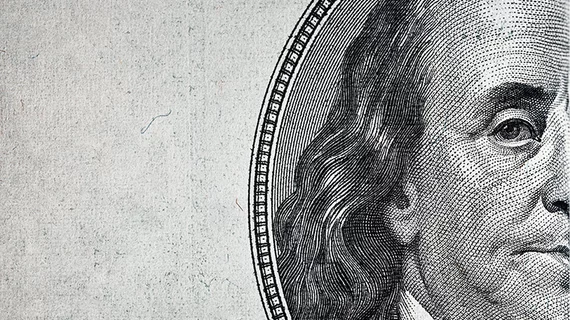330-plus medical organizations urge Congress to reverse proposed $3B cut to NIH budget
More than 20 imaging societies, including the American College of Radiology, signed a letter Monday, urging Congress to reverse proposed budget cuts to the National Institutes of Health.
All told, 335 organizations, representing patients, medical societies, research institutions and others, are part of the Ad Hoc Group for Medical Research. In their Feb. 10 letter, the group recommended a $3 billion increase from the NIH’s 2020 budget allocation. The extra money would place the agency’s total 2021 spending allowance at $44.7 billion.
The White House had previously proposed a $3 billion cut, which would lower the NIH’s 2021 fiscal budget to $38.7 billion. But this allowance would restrict the research and development required for novel diagnostic and therapeutic advances, according to the letter.
“This funding level would allow for meaningful growth above inflation in the base budget and would expand NIH’s capacity to support promising science in all disciplines across the agency,” the organization wrote. “It also would ensure that funding from the Innovation Account established in the 21st Century Cures Act would supplement the agency’s base budget, as intended, through dedicated funding for specific programs.”
The Ad Hoc Group specifically thanked Senate and House Labor-HHS-Education Appropriations Subcommittee leaders Senators Roy Blunt and Patty Murray, and Representatives Rosa DeLauro and Tom Cole for helping the NIH “regain some of the ground lost” following years of static budgets. As a result, advances in cancer immunotherapies and gene-editing tools are on verge of solving some of the world’s most pressing health challenges, the signees wrote.
Additionally, the 335 organizations recommended a funding allocation for the Labor-HHS Subcommittee to invest in the NIH and other agencies promoting national health goals.
“Our community recognizes the difficult fiscal choices that lawmakers face; in this time of unprecedented scientific opportunity, we urge Congress to enable and support a continued commitment to medical research,” the letter read.

